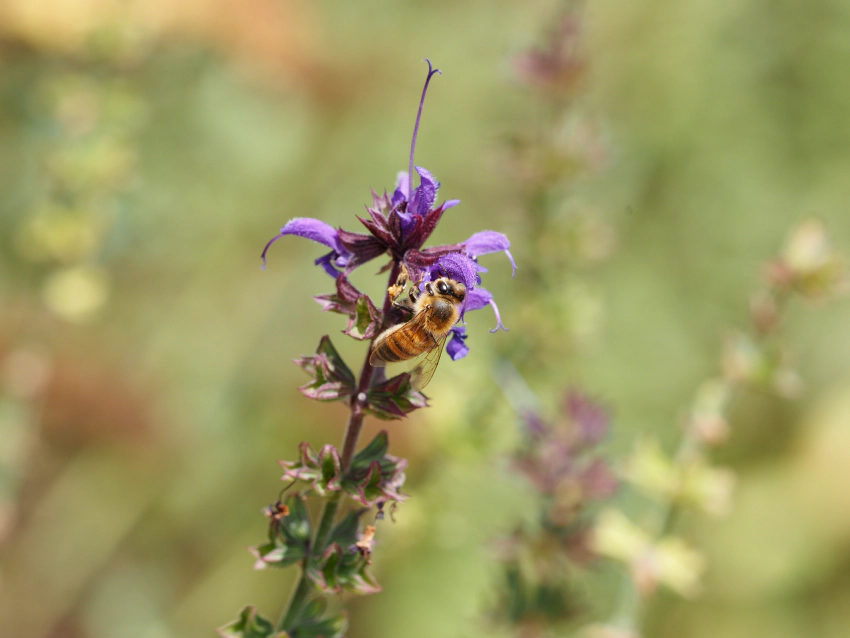
The Urban Beekeeper Chalange
Urban backyard beekeeping has become a popular trend in recent years. With the increased interest in sustainable and locally-sourced food, many people are looking to keep bees for their honey, wax, and other products. However, while beekeeping can be a rewarding and enjoyable hobby, it is not without its challenges, particularly in an urban environment.
One growing challenge in urban backyard beekeeping is the prevalence of pesticides. In urban areas, there are often more chemicals used for landscaping and pest control than in rural areas. These pesticides can be harmful to bees, and can even kill entire colonies. To minimize the risk, urban beekeepers need to be careful about where they place their hives. They should avoid areas with high levels of pesticide use, such as golf courses, and instead opt for locations with plenty of flowering plants and trees.
Another challenge for urban beekeepers is the issue of mites. Varorra mites are a type of parasitic insect that can infest bee colonies, causing damage to the bees. While mites can be treated, not all backyard beekeepers take this step. This can lead to the spread of mites to neighboring hives, and can even cause entire colonies to die out.
Additionally, urban beekeepers often face the challenge of losing their hives. With only a couple of hives, it is easy to lose everything and have to start from scratch. This can be due to a variety of factors, such as harsh weather conditions, hive invasion by other insects, or a lack of food sources for the bees. To reduce the risk of losing their hives, urban beekeepers should make sure they provide their bees with plenty of food sources, such as flowering plants and sugar syrup.
Urban backyard beekeeping can be a rewarding and enjoyable hobby, but it is not without its challenges. Pesticides, mites, and hive loss are all potential obstacles that beekeepers must be prepared to overcome. However, with proper planning and care, it is possible to successfully keep bees in an urban environment. By being proactive and mindful of these challenges, urban beekeepers can help to support the health and well-being of their bees, while also enjoying the benefits of honey and other bee products.





